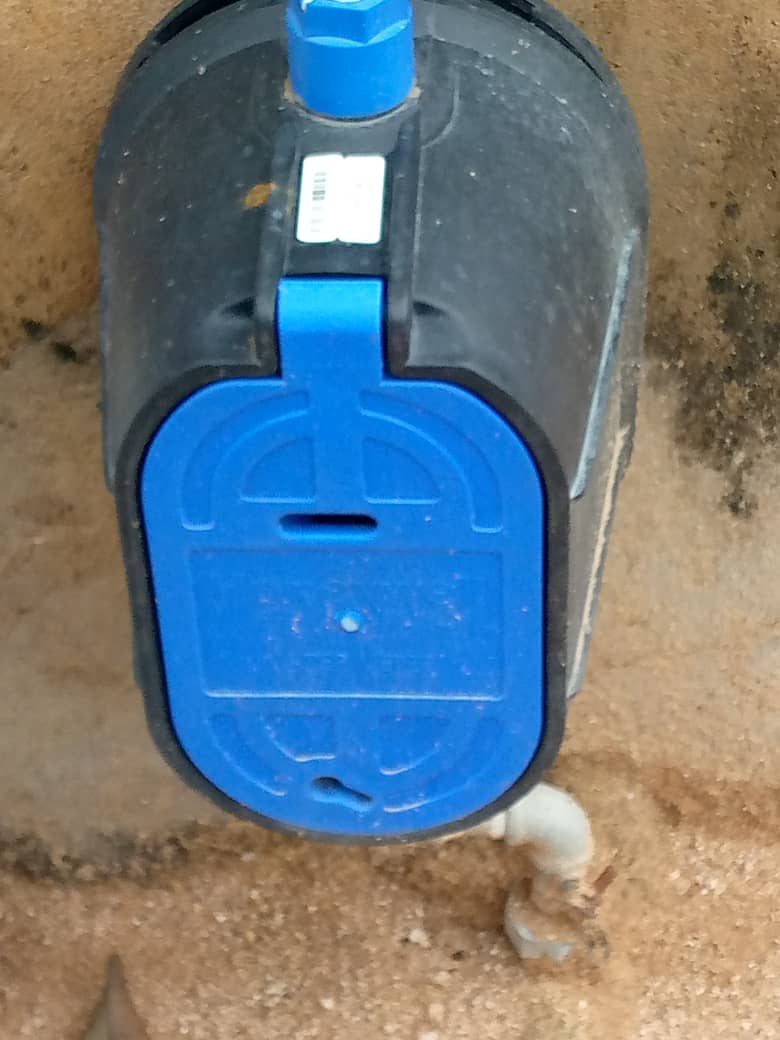Bulawayo residents have been encouraged to record water meter readings at their premises and submit them to the Bulawayo City Council (BCC) in order to avoid being overcharged.
This came out during a Water and Human Rights online workshop held by the Matabeleland Institute for Human Rights (MIHR) and Women In Leadership Development (WILD), Monday, which is part of week 6 of the #MondayWaterAction campaign.
Amanda Phiri, a legal practitioner who made a presentation on the right to water, emphasised that paying more than what one owes to the city council is a violation of one’s right.
Phiri was speaking on meter reading estimates which the local authority sometimes make use of when compiling monthly bills for the residents.
BCC, at the beginning of the lockdown period, urged residents to take down their own meter readings and send them since most council employees could not move around compiling the readings.
“Accessing rights is a two-way process which should be upheld by both the duty bearer and the citizen. In order to ascertain that you do not pay more than you must, residents are encouraged to learn to take down their own meter readings,” said Phiri.
“Sometimes the bills that we get at the end of the month are an estimate and would be more than what one must pay. It is important therefore for residents to read their own meters. One may realise that without reading their meters they may actually be paying twice or thrice more than what they owe.”
Khumbulani Maphosa, coordinator of MIHR urged those living in communities where there are elderly people to practice responsible citizenry and assist them by reading their meters for them and submit to the council.
“As residents, we need to look after our own. When we realise that we have people in our communities who cannot read the meters for themselves we must assist by reading for them and submitting the readings to the council,” he said.
Maphosa also noted that residents need to make use of social media platforms to advocate for water rights by reporting faults and/or raising awareness.
“We understand that movement is limited but when we see such things as water bursts, dirty water or any other anomalies we can raise awareness and engage relevant stakeholders through social media platforms. What is important is that we document the problems we would have identified. Take pictures or short videos and share them on social media platforms. They will definitely reach the targeted audience be it the media, the local authority of the government,” he said.
Sukoluhle Mhlanga, who represents people living with disabilities under the Bulawayo Progressive Residents Association (BPRA) in Ward 28 said some houses in Cowdray Park have the latest meters from the city council which were installed just before lockdown last year and to date they have been paying their bills using estimated readings.
“The meters we have are different from the rest, they require the council people to come and unlock them. Since the initiation of lockdown, they haven’t come. We only pay whatever they send to us. When we call them they tell us they can’t come because of covid-19,” said Mhlanga.

